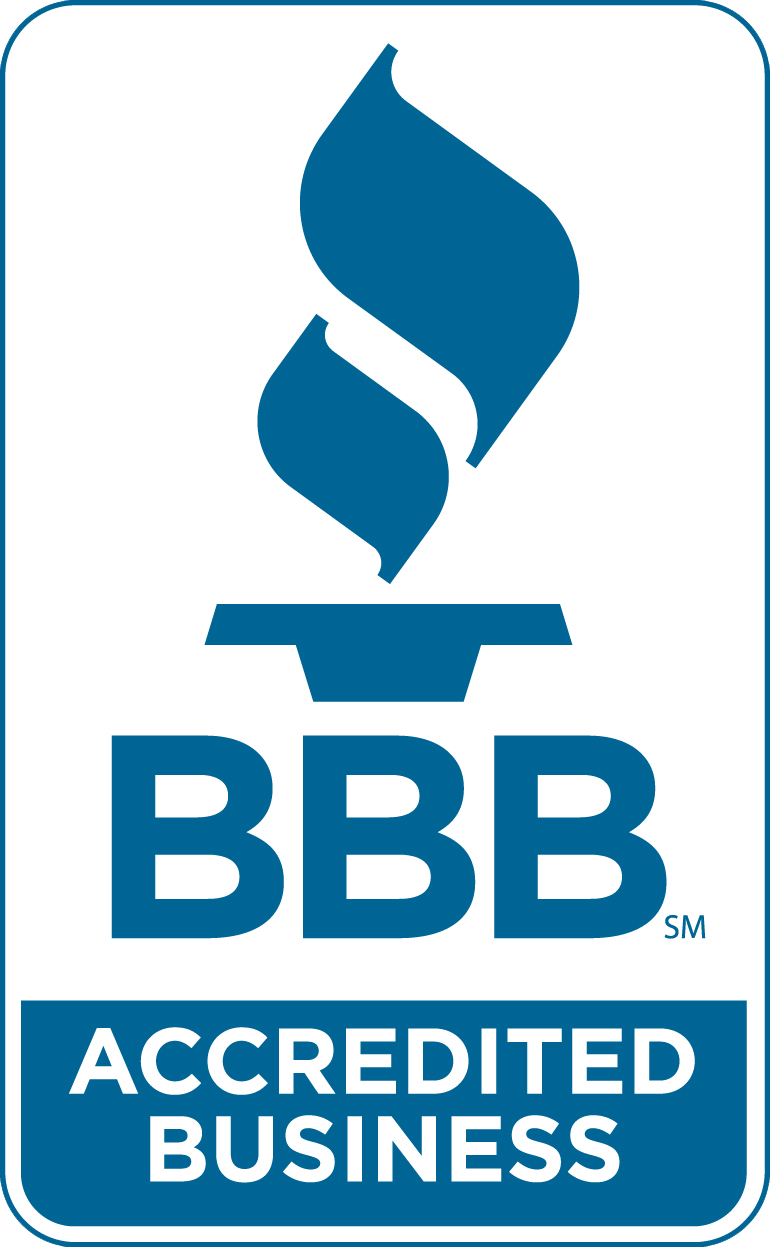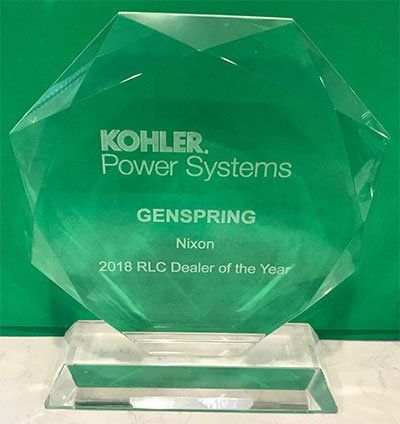How Long Can My Home Generator Run?
This is a question asked by many of our customers. There are two primary factors that will affect the continuous operation of your home generator engine during an extended period: fuel to power the engine and oil for lubrication and cooling. In future post, Fuel, Spark & Compression, we will address the essentials required for the engine to start and run.
Fuel to Power the Engine
Natural gas and propane are the fuels of choice for home generators. In addition to being environmentally friendly, natural gas and propane do not become stale over time. Since both fuels burn very cleanly, the problems associated with gasoline carburetors and stale fuel are eliminated.
Natural gas is delivered by underground pipeline to your home, thus it is less susceptible to falling trees, as with overhead power lines. So as long as the natural gas supply is available, you will have an infinite source of fuel to keep your generator running.
Propane is stored in large tanks, either buried or above ground. These tanks typically range in size from 250 to 1,000 gallons. When considering size, it’s important to understand that your propane tank only holds 80% of its rated capacity so when full, a 500 gallon tank only holds 400 gallons. The tank size that is right for you depends on several factors including:
- how you use energy in your home
- how accessible your home is for refueling,
- the size of your generator
- how long you want your generator to be able to run
For example, if your generator’s half-load (1/2 the rated capacity of the generator) fuel consumption is 1-1/2 gallons per hour, you can expect to use approximately 36 gallons per day during normal operation, plus other needs of your home. See your generator manufacturer’s Owner’s Manual to see determine your actual half-load fuel consumption. I suggest that when you are planning tank size, remember that it will be unlikely that the propane truck has just topped you off when the power goes out. So err on the side of more propane storage rather than less.
Oil to Lubricate and Cool the Engine
Oil is the life blood of the engine that powers your generator. The oil in your engine serves as both a lubricant as well as a coolant to help keep your engine running well and minimizing wear and tear. As your engine runs, oil breaks down and needs to be replaced or changed – typically every 50 hours of operation for air-cooled engines or once year is what most manufacturers recommend. Depending on your particular engine, the outside temperature, and how hard it is working to serve your needs will determine oil consumption. Other factors that can influence oil consumption include condition of valves, piston, piston rings, cylinders, gaskets, etc.
The amount of oil your engine holds is a function of its size. You should check your oil level during extended run times, and keep a supply of the recommended oil on hand to meet those needs. Too much oil is just as bad as too little, so add carefully. Consult your Owner’s Manual to determine the amount and weight of oil recommended. When you change oil, always change your oil filter and only use genuine parts.
GenSpring Power offers scheduled maintenance plans to help our customers keep their generator engines in top operating condition. With over 750 service customers, there isn’t much we haven’t seen. Visit our Generator Maintenance page under the Services tab for more information. If you are interested in maintenance kits, please visit our online Parts store – www.genspring-parts.com .
At GenSpring Power, Power You Can Depend On is not just a slogan, it’s a commitment!
Contact Us
Clayton Preble, Founder
Glenn Preble, President
Scott Preble, Vice President – Service & Operations
Power you can depend on, people you can trust.
Quick Links
GenSpring Power is a registered trademark of GenSpring Power Inc.
Website by Lift Division




